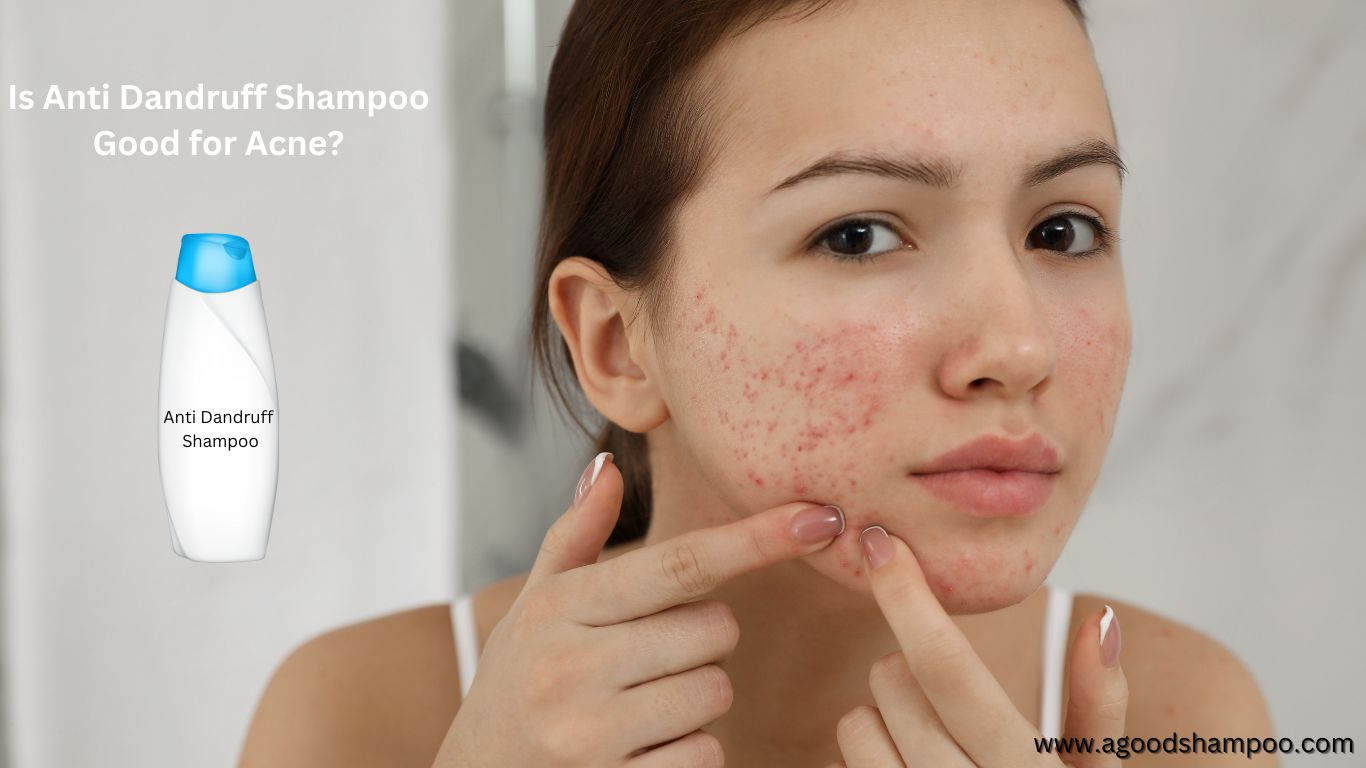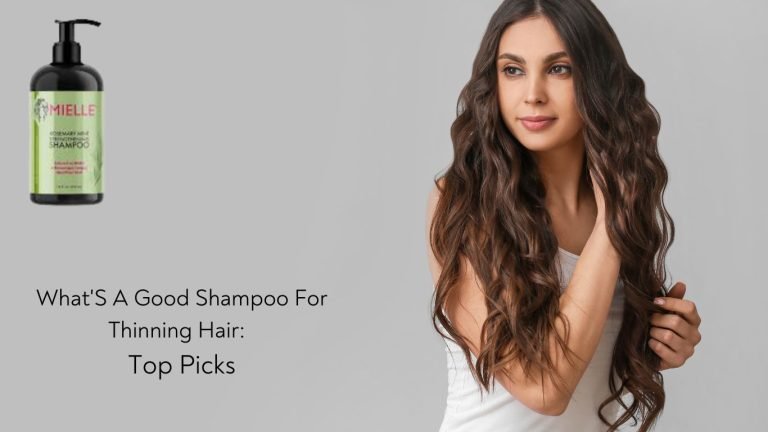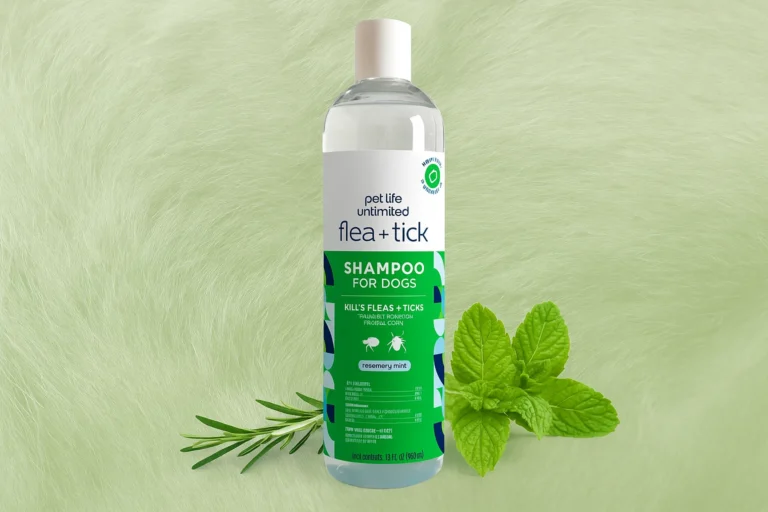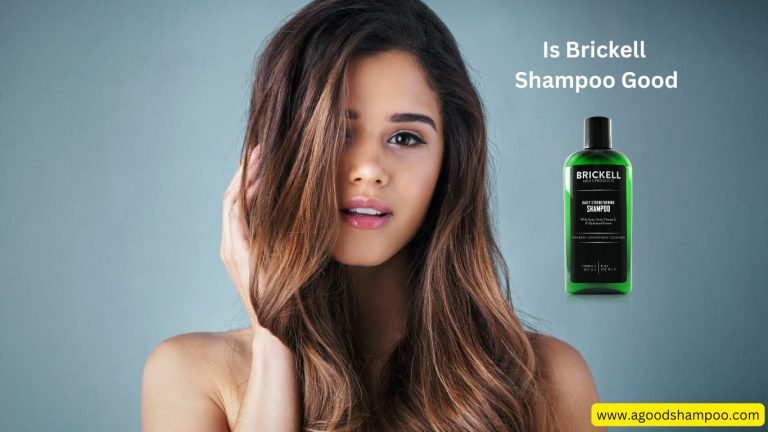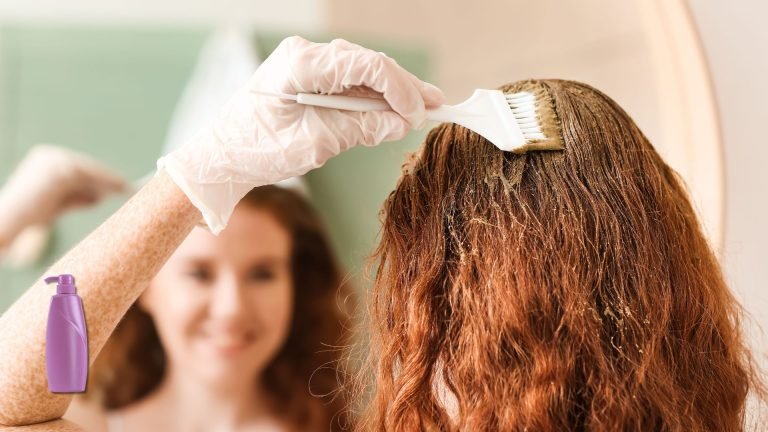Is Anti Dandruff Shampoo Good for Acne? Best Uses & Tips
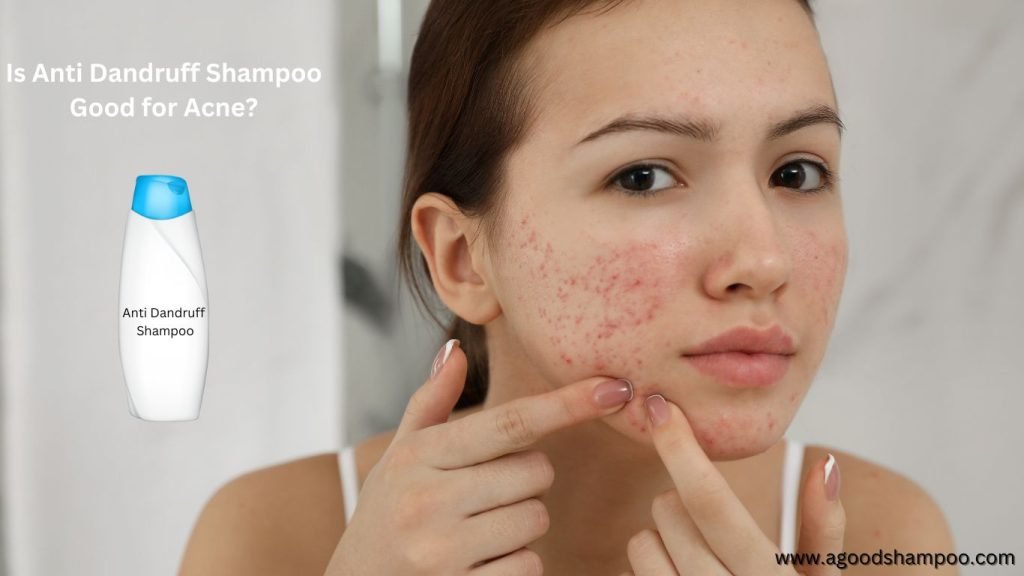 Acne is a persistent skin condition that often leaves us scrambling for solutions. From expensive skincare routines to unconventional remedies, people will try just about anything to achieve clear skin. One surprising contender that’s gaining traction is anti-dandruff shampoo. Yes, you heard that right—your trusty dandruff fighter might double as an acne treatment. But does it really work? Let’s delve into the details.
Acne is a persistent skin condition that often leaves us scrambling for solutions. From expensive skincare routines to unconventional remedies, people will try just about anything to achieve clear skin. One surprising contender that’s gaining traction is anti-dandruff shampoo. Yes, you heard that right—your trusty dandruff fighter might double as an acne treatment. But does it really work? Let’s delve into the details.
Can Anti Dandruff Shampoo Help with Acne?
Anti-dandruff shampoos, especially those containing active ingredients like zinc pyrithione and ketoconazole, are designed to combat dandruff by targeting fungi and excess oil production. Interestingly, these same factors contribute to certain types of acne, particularly fungal acne.
Fungal acne isn’t your typical acne caused by clogged pores and bacteria. Instead, it stems from an overgrowth of yeast, specifically Malassezia, which thrives in oily environments. Anti-dandruff shampoos, which are formulated to combat fungal overgrowth on the scalp, can also help address fungal acne when applied to the skin.
But what about acne scars? While anti-dandruff shampoo might help prevent new breakouts, it’s not formulated to reduce scarring. For scars, it’s best to consult a dermatologist for targeted treatments like retinoids or laser therapy.
How to Use Anti Dandruff Shampoo for Fungal Acne
Using anti-dandruff shampoo for fungal acne is surprisingly straightforward:
- Choose the Right Shampoo: Look for shampoos containing active ingredients like ketoconazole, zinc pyrithione, or selenium sulfide. These are the real MVPs in fighting fungal acne.
- Apply to the Affected Area: Wet your skin and apply a thin layer of the shampoo to areas prone to fungal acne, such as your chest, back, or forehead. Be gentle and avoid scrubbing too hard.
- Leave It On: Let the shampoo sit for about 5–10 minutes. This allows the active ingredients to penetrate the skin and work their magic.
- Rinse Thoroughly: Wash off the shampoo completely to avoid any residue that could potentially irritate your skin.
- Moisturize: After rinsing, apply a light, oil-free moisturizer to prevent dryness.
- Consistency Is Key: Use the shampoo 2–3 times a week initially, then adjust based on your skin’s response. Overuse can cause irritation, so listen to your skin.
Is Head and Shoulders Anti Dandruff Shampoo Good for Acne?
Head and Shoulders is one of the most recognized anti-dandruff shampoos, and many users on Reddit and other forums swear by its effectiveness for fungal acne. The shampoo contains zinc pyrithione, a powerful ingredient that reduces fungal growth and inflammation.
Before and after results shared online often show significant improvement in fungal acne when using Head and Shoulders. However, it’s important to note that what works for one person might not work for another. Always do a patch test to ensure your skin can tolerate it.
Which Dandruff Shampoo is Good for Acne?
If you’re looking for the best shampoo for fungal acne, here are some top contenders:
- Nizoral Anti-Dandruff Shampoo: Contains ketoconazole, which is highly effective against Malassezia. It’s a go-to for many battling fungal acne.
- Head and Shoulders Clinical Strength: Features selenium sulfide, making it a strong choice for stubborn fungal infections.
- Selsun Blue Medicated Shampoo: Another great option with selenium sulfide, known for its antifungal properties.
- Vanicream Dandruff Shampoo: A gentle yet effective choice, especially for sensitive skin.
How Often Should I Use Dandruff Shampoo for Acne?
The frequency of use depends on your skin’s tolerance and the severity of your acne. Typically:
- For severe cases of fungal acne, start with 2–3 times per week.
- As your skin improves, reduce usage to once a week or as needed for maintenance.
Using it too often can strip your skin of natural oils, potentially causing dryness or irritation. Always follow up with a moisturizer.
Can I Use Anti Dandruff Shampoo on My Acne?
Yes, you can, but only for acne caused or exacerbated by fungal overgrowth. For bacterial acne or hormonal acne, anti-dandruff shampoos won’t be as effective.
If you’re unsure whether your acne is fungal, look for these signs:
- Small, uniform bumps that itch
- Clusters of breakouts on oily areas like the chest, back, and forehead
- Acne that doesn’t respond to traditional treatments like benzoyl peroxide or salicylic acid
If your acne matches these descriptions, using anti-dandruff shampoo might help.
How to Choose the Best Anti Dandruff Shampoo for Fungal Acne
Not all anti-dandruff shampoos are created equal. When shopping for one to treat fungal acne, keep these tips in mind:
- Check the Ingredients: Look for active ingredients like ketoconazole, zinc pyrithione, or selenium sulfide.
- Consider Your Skin Type: If you have sensitive skin, opt for a gentle formula free from added fragrances and dyes.
- Read Reviews: Platforms like Reddit often have personal testimonials that can help you make an informed decision.
For more detailed product recommendations, visit our website, agoodshampoo.com.
Head and Shoulders Acne Before and After: What to Expect
The internet is flooded with before and after photos of people using Head and Shoulders for fungal acne. Results often show smoother, clearer skin after consistent use over a few weeks. However, keep your expectations realistic—this isn’t an overnight fix.
FAQs About Anti Dandruff Shampoo and Acne
Is Anti Dandruff Shampoo Good for Acne Scars?
No, it’s not designed to treat scars. Anti-dandruff shampoo can help prevent new fungal acne breakouts but won’t fade existing scars.
Can I Use Anti Dandruff Shampoo Daily?
Daily use is not recommended as it can dry out your skin. Stick to 2–3 times per week.
Is Anti Dandruff Shampoo Good for Acne-Prone Skin?
It can be helpful for acne-prone skin, but only if fungal acne is the root cause. Otherwise, it may not be effective.
| Product | Active Ingredient(s) | Best For | Skin Type Compatibility | Usage Frequency | Key Features |
|---|---|---|---|---|---|
| Nizoral Anti-Dandruff Shampoo | Ketoconazole (1%) | Fungal acne, stubborn breakouts | All skin types | 2-3 times/week | Targets fungal overgrowth, gentle on skin, highly effective for fungal acne. |
| Head and Shoulders Clinical | Selenium Sulfide (1%) | Scalp acne, fungal acne | Normal to oily | 2-3 times/week | Reduces excess oil, relieves itchiness, combats Malassezia yeast effectively. |
| Selsun Blue Medicated Shampoo | Selenium Sulfide (1%) | Chest/back acne, fungal acne | Normal to oily | 2-3 times/week | Strong antifungal properties, reduces redness and inflammation. |
| Vanicream Dandruff Shampoo | Pyrithione Zinc (2%) | Sensitive skin, mild fungal acne | Sensitive skin | 2-3 times/week | Free of dyes, fragrances, and parabens; gentle yet effective for fungal acne and scalp irritation. |
| Neutrogena T/Gel Shampoo | Coal Tar | Scalp acne, severe dandruff | Normal to oily | 1-2 times/week | Treats tough scalp issues, may reduce irritation linked to fungal acne. |
| DHS Zinc Shampoo | Pyrithione Zinc (2%) | Fungal acne, itchy scalp | All skin types | 2-3 times/week | Soothes inflammation, controls oil production, good for acne-prone skin. |
| Paul Mitchell Tea Tree Shampoo | Tea Tree Oil, Zinc | Mild fungal acne, itch relief | Normal to oily | 2-3 times/week | Natural ingredients, antifungal and antibacterial properties, refreshing feel. |
| Ketoconazole 2% Shampoo (Prescription) | Ketoconazole (2%) | Severe fungal acne | All skin types | As prescribed | Prescription strength; highly effective for persistent fungal acne. |
| CeraVe Scalp Cleanser | Salicylic Acid, Zinc | Acne-prone scalp | Dry to normal | 2-3 times/week | Combines anti-dandruff and skincare properties, promotes healthy skin barrier. |
Anti-dandruff shampoo might seem like an unconventional solution for acne, but for those dealing with fungal acne, it can be a game-changer. Choosing the right product, using it correctly, and understanding your skin’s needs are key to achieving the best results. If you’re ready to give it a try, start with one of the recommended shampoos and monitor your progress.

Carolina Herrera: Cosmetics specialist & Hair Analyst. Specializing in hair treatments, Carolina provides thorough reviews and advice on choosing the best products for damaged or treated hair.

